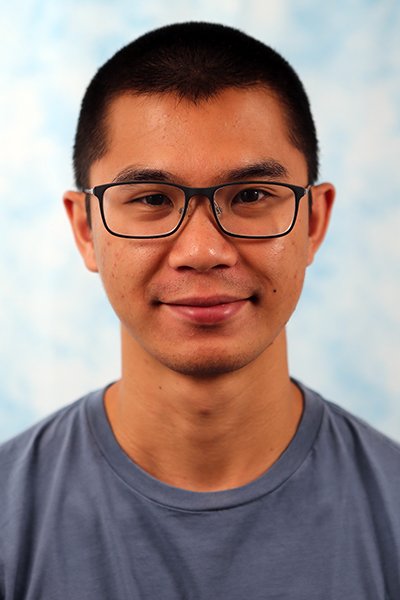Physics-informed image translation
Abstract: Generative Adversarial Networks (GANs) have shown remarkable performances in image translation, being able to map source input images to target domains (e.g. from male to female, day to night, etc.). However, their performances may be limited by insufficient supervision, which may be challenging to obtain. In this talk, I will present our recent works [...]
Robots Should Reduce, Reuse, and Recycle
Abstract: Despite numerous successes in deep robotic learning over the past decade, the generalization and versatility of robots across environments and tasks has remained a major challenge. This is because much of reinforcement and imitation learning research trains agents from scratch in a single or a few environments, training special-purpose policies from special-purpose datasets. In [...]
Solving Constraint Tasks with Memory-Based Learning
Abstract: In constraint tasks, the current task state heavily limits what actions are available to an agent. Mechanical constraints exist in many common tasks such as construction, disassembly, and rearrangement and task space constraints exist in an even broader range of tasks. Deep reinforcement learning algorithms have typically struggled with constraint tasks for two main [...]
Weak Multi-modal Supervision for Object Detection and Persuasive Media
Abstract: The diversity of visual content available on the web presents new challenges and opportunities for computer vision models. In this talk, I present our work on learning object detection models from potentially noisy multi-modal data, retrieving complementary content across modalities, transferring reasoning models across dataset boundaries, and recognizing objects in non-photorealistic media. While the [...]
Head-Worn Assistive Teleoperation of Mobile Manipulators
Abstract: Mobile manipulators in the home can provide increased autonomy to individuals with severe motor impairments, who often cannot complete activities of daily living (ADLs) without the help of a caregiver. Teleoperation of an assistive mobile manipulator could enable an individual with motor impairments to independently perform self-care and household tasks, yet limited motor function [...]
Text Classification with Class Descriptions Only
Abstract: In this work, we introduce KeyClass, a weakly-supervised text classification framework that learns from class-label descriptions only, without the need to use any human-labeled documents. It leverages the linguistic domain knowledge stored within pre-trained language models and data programming to automatically label documents. We demonstrate its efficacy and flexibility by comparing it to state-of-the-art [...]
RI Faculty Business Meeting
Meeting for RI Faculty. Discussions include various department topics, policies, and procedures. Generally meets weekly.
Multi-Object Tracking in the Crowd
Abstract: In this talk, I will focus on the problem of multi-object tracking in crowded scenes. Tracking within crowds is particularly challenging due to heavy occlusion and frequent crossover between tracking targets. The problem becomes more difficult when we only have noisy bounding boxes due to background and neighboring objects. Existing tracking methods try to [...]
Utilizing Panoptic Segmentation and a Locally-Conditioned Neural Representation to Build Richer 3D Maps
Abstract: Advances in deep-learning based perception and maturation of volumetric RGB-D mapping algorithms have allowed autonomous robots to be deployed in increasingly complex environments. For robust operation in open-world conditions however, perceptual capabilities are still lacking. Limitations of commodity depth sensors mean that complex geometries and textures cannot be reconstructed accurately. Semantic understanding is still [...]






